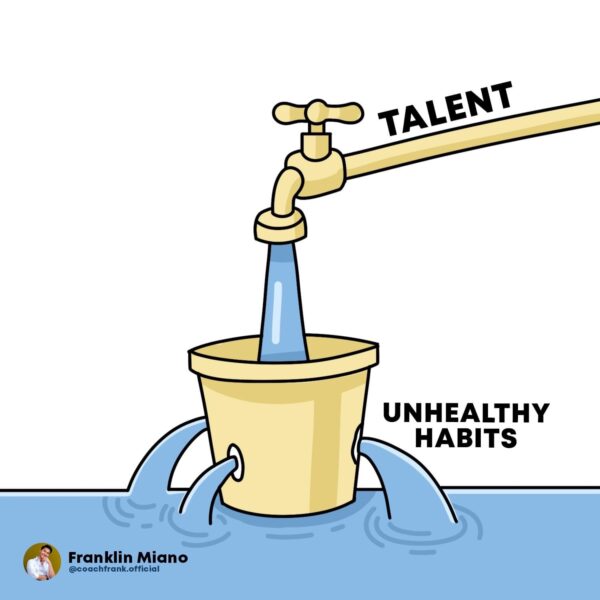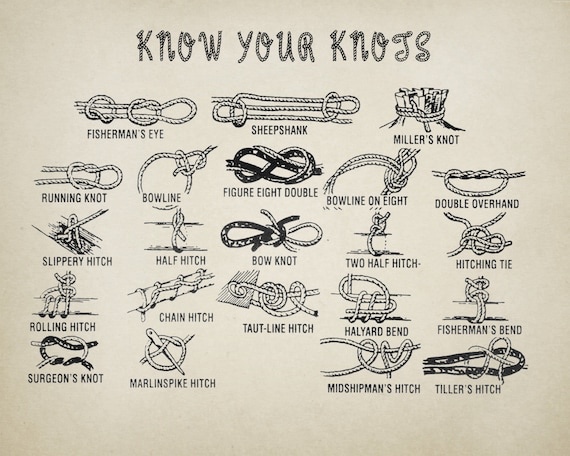Stepping onto a car lot can sometimes feel like walking into a high-stakes poker game. The deck often feels stacked against you, with the dealer holding all the aces. But here’s the thing—I’ve been around this block more times than I care to count, each round teaching me a bit more about the game. From hard-earned experience, I can tell you that knowledge is power, especially when it comes to dealing with car dealerships.
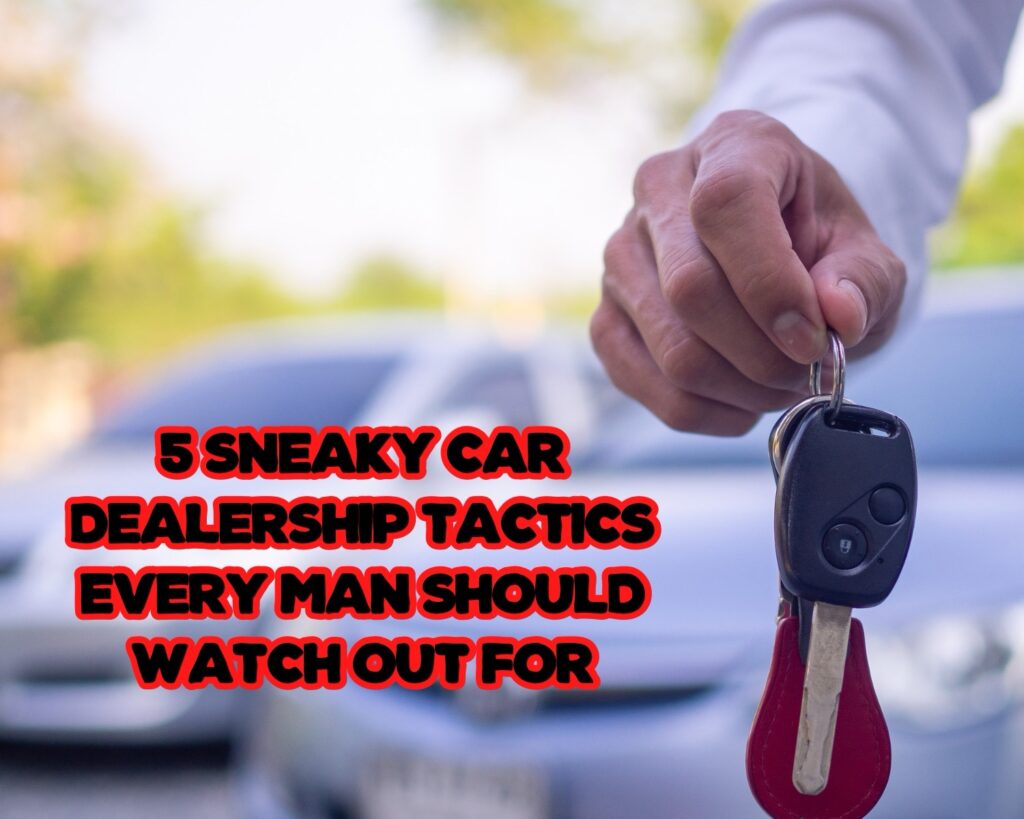
The truth is, these dealerships have their set of tactics, honed through years of practice, all designed to get you to spend more than you need to. They’re not just selling cars; they’re selling loans, warranties, and a whole array of add-ons, each with its profit margin. But don’t let that intimidate you. With the right preparation and mindset, you can turn the tables and ensure you come out on top, or at least not feeling like you got taken for a ride.
So, before you set foot on that lot, let’s gear up. I’m here to break down their playbook, showing you the moves and countermoves, so you can negotiate from a position of strength. Whether it’s your first time buying a car or you’re looking to brush up on your skills, understanding these dealership tactics is crucial. Stick with me, and let’s make sure you drive away not just with a new set of wheels, but with your wallet and pride intact.

Understanding Dealership Dynamics
Before diving into the specific tactics, it’s crucial to grasp why dealerships operate the way they do. At its core, a car dealership is a business aiming to maximize profit—just like any other retail operation. However, the high price point of their product, combined with the emotional weight a car purchase carries for many buyers, gives dealerships unique leverage. They’re not just selling cars; they’re selling dreams, convenience, and, sometimes, a status symbol.
Profit Margins: Dealerships make money in several ways: from the car sale itself, financing, and add-ons. The margin on new cars might be thinner than you think, which is why dealers push hard on financing and services where the real money is made.
Sales Targets: Salespeople often work on commission, with bonuses tied to sales volumes, hitting quotas, or pushing specific products. This system creates a strong incentive to upsell and can sometimes lead to aggressive sales techniques.
Information Asymmetry: Historically, dealerships had a significant advantage over consumers in terms of information about pricing, financing rates, and vehicle availability. The internet has leveled the playing field somewhat, but dealers still use this to their advantage when they can.
Psychological Tactics: Dealers are trained to build rapport, create a sense of urgency, and use other psychological tactics to influence buyers’ decisions. Recognizing these tactics can help you stay focused on the rational aspects of the deal.
Understanding these dynamics is the first step in preparing yourself for the car-buying process. It’s not about demonizing dealerships; it’s about recognizing the game for what it is. With this understanding, you can navigate the process more effectively, ensuring you get a fair deal on your terms. Keep this backdrop in mind as we delve into the specific tactics dealerships use and how you can counter them.

The Bait-and-Switch
Ever been lured to a dealership by an ad for a great deal, only to find the car “just sold” as you arrive? Welcome to the classic bait-and-switch tactic. It’s as old as the hills and just as frustrating. Here’s what you need to know to avoid getting caught in this trap.
Why do dealerships use the bait-and-switch? Dealerships use this tactic to get you through the door. Once you’re there, they’re betting on their sales team’s ability to sway you towards a more expensive purchase. It’s not about the car in the ad; it’s about the opportunity to sell anything at all.
How can I spot a bait-and-switch before it happens? Look for ads that seem too good to be true. If a deal is significantly better than anything else on the market, do some digging. Call ahead and ask specific questions about the vehicle, including its VIN (Vehicle Identification Number), and request to see confirmation of the car’s availability.
What should I do if I encounter this tactic? Stay calm and collected. If the car you were interested in is “no longer available,” don’t feel pressured to look at other options right away. Instead, ask when they expect more models to arrive or if they can honor the advertised price on a similar vehicle. If they’re not willing to work with you, it might be best to look elsewhere.
Can I turn the bait-and-switch tactic to my advantage? In some cases, yes. If you’re knowledgeable about the car’s value and confident in your negotiation skills, you can use the situation to discuss other vehicles. Remember, the dealership has already invested time in you, and walking away gives you a certain amount of leverage. Just be wary of getting swept up in the moment and making a decision you’re not fully comfortable with.
Understanding the bait-and-switch tactic is key to navigating dealership strategies effectively. By staying informed and prepared, you can protect yourself from being manipulated and ensure that your car-buying experience is both positive and fair.
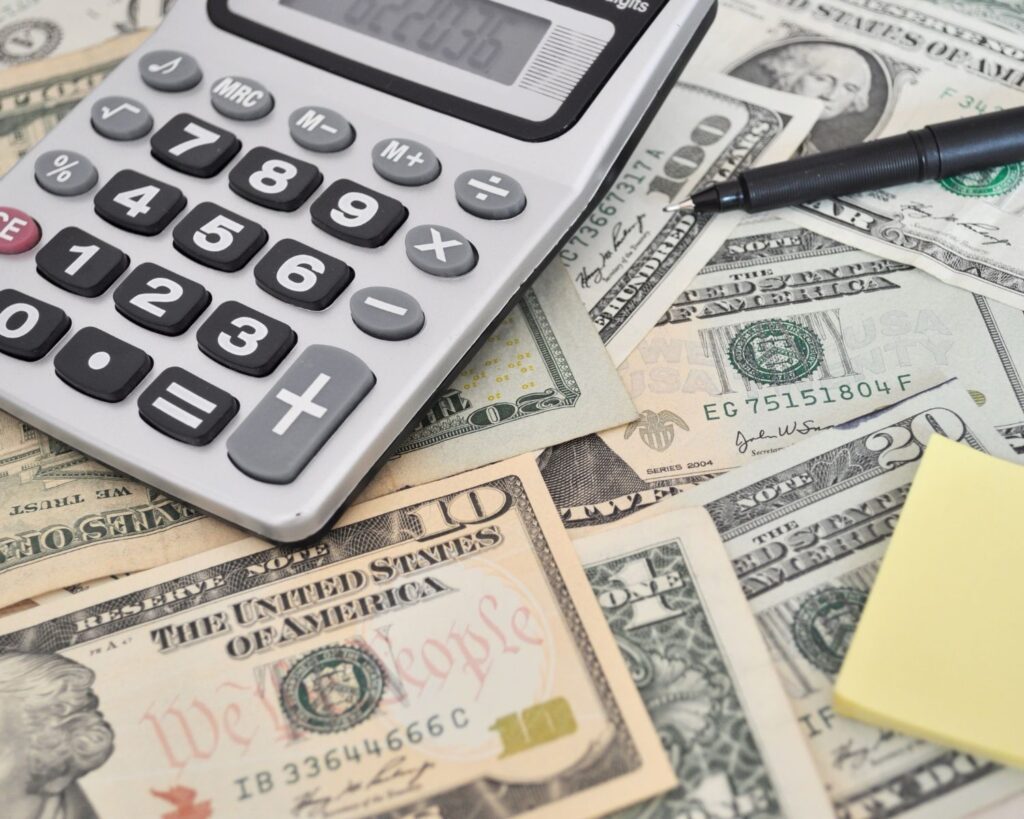
The Financing Fumble: A Closer Look
Navigating the maze of auto financing can feel like running an obstacle course, where the final hurdle—securing a loan—often proves the trickiest. This is where dealers play the Financing Fumble, turning your car-buying sprint into a marathon of numbers, rates, and terms. Understanding this tactic is crucial to crossing the finish line unscathed.
Why focus on financing at all? Dealerships have a not-so-secret weapon in their arsenal: the financing agreement. It’s here, in the fine print of loans and APRs, that many dealers find their biggest profits, thanks to kickbacks and markups on the financing they provide.
How do I sidestep the Financing Fumble? Preparation is your best play. Secure a loan pre-approval from a trusted lender before you even set foot in the dealership. This pre-approval acts as your financial shield, offering a clear comparison against the dealer’s financing options and putting you in a stronger negotiating position.
What if the dealer claims to offer a better deal? Demand the details. Ask for the loan’s APR, term, and total cost over its life. Compare these figures against your pre-approval. Occasionally, dealers can indeed beat your bank’s offer, but without your own benchmark, you won’t know if you’re actually getting a deal or just a good sales pitch.
Is it possible to renegotiate financing after the fact? Absolutely. Dealers sometimes use “spot delivery” to let you drive off, hoping to finalize the loan terms later. If you find the terms have changed (and not in your favor), stand your ground. You can renegotiate or secure alternative financing, armed with the knowledge and confidence that your pre-approval provides.
In the complex dance of auto financing, being well-prepared with a pre-approved loan is like knowing the steps before the music starts. It not only puts you in control but ensures you’re not tripped up by the Financing Fumble. For a deeper dive into managing your finances effectively, especially with long-term goals like early retirement in mind, check out our comprehensive guide on how to build wealth and retire early. This resource can offer valuable strategies that extend well beyond the dealership, helping you make informed decisions that benefit your financial future.
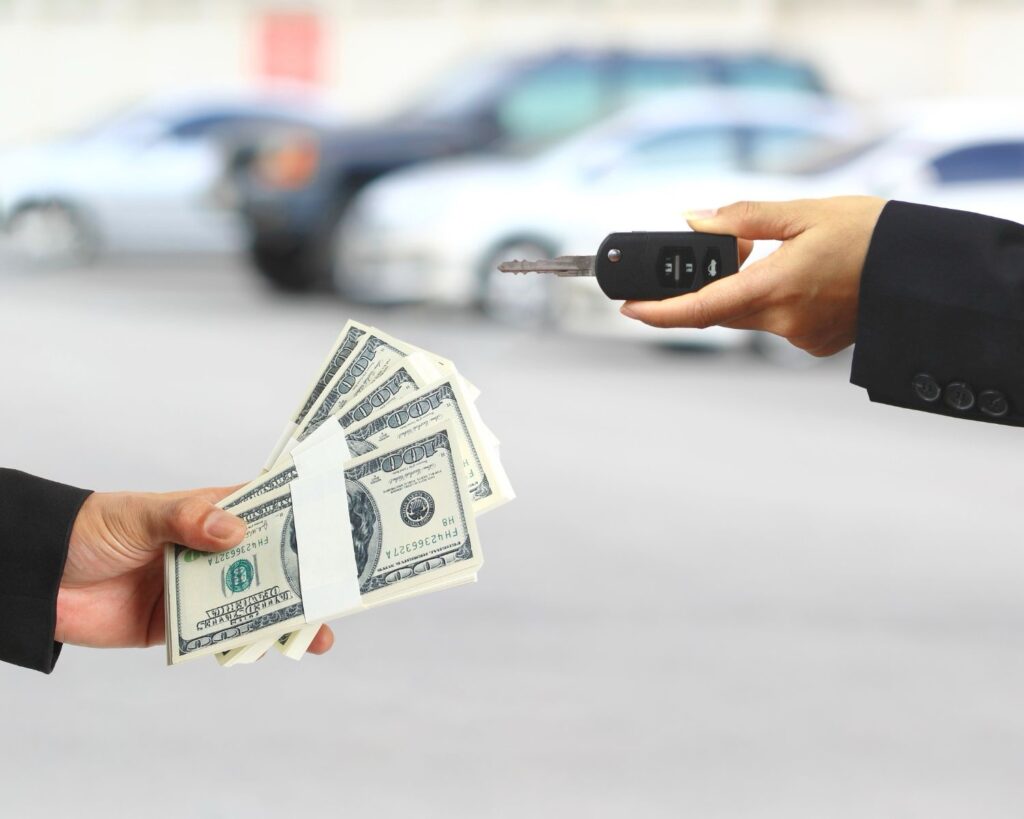
Under-Valuing Trade-Ins
The moment you mention you’ve got a trade-in, it’s as if you’ve entered a whole new negotiation game. This is where dealers try to under-value your current car, turning a potentially good deal sour. Understanding this tactic is key to ensuring you get what your trade-in is truly worth.
Why do dealers lowball trade-ins? It’s simple: profit. By offering you less for your trade-in, dealers increase their potential resale margin. It’s a straightforward tactic used to balance out any discounts they’ve offered on the new car, ensuring they come out ahead.
How can I ensure my trade-in is fairly valued? Knowledge is power. Before heading to the dealership, research your car’s value on reputable sites like Kelley Blue Book or Edmunds. Print out your findings and bring them with you. Having concrete numbers makes it harder for a dealer to undervalue your trade.
What if the dealer’s offer is still too low? Negotiate. Use the research you’ve done as a basis for your counter-offer. If the dealer won’t budge, don’t be afraid to walk away. You might find that your willingness to leave could prompt a reassessment of your trade-in’s value.
Is selling privately a better option? Sometimes, yes. Selling your car privately can often net you a higher price than what a dealer offers for a trade-in. It requires more effort on your part but can be financially rewarding if you’re not in a hurry to sell.
Dealing with trade-ins is a critical aspect of the car buying process. By ensuring your vehicle is accurately valued, you can avoid one of the dealerships’ most common profit-padding tactics. Remember, every dollar they undervalue your trade-in is a dollar more you’re paying for your new car. Stay informed, stay firm, and don’t hesitate to explore all your options to get the best possible deal.

The Upsell Avalanche
After navigating the initial hurdles of choosing a car and negotiating a price, you might think the hard part’s over. Think again. This is when you’re hit with the Upsell Avalanche—a relentless push towards extended warranties, additional features, and after-market add-ons. Here’s how to stay grounded when the dealership tries to bury you under an avalanche of extras.
Why are dealers so eager to upsell? Simply put, profit margins on new car sales are thinner than they used to be. Dealers make up the difference with high-margin upsells. Whether it’s extended warranties, fabric protection, or premium sound systems, each add-on is an opportunity for the dealer to increase their profit.
How can I resist the pressure to buy extras? Preparation and resolve are your best tools. Before you go to the dealership, decide what, if any, additional features you actually need. Research the cost of these features ahead of time and stick to your guns. Remember, everything is negotiable.
What’s the deal with extended warranties? They’re often not the deal they’re made out to be. Many extended warranties overlap with the manufacturer’s warranty, meaning you’re paying extra for coverage you already have. Consider your needs carefully before agreeing to any extended warranty plan.
Is any upsell worth considering? Some might be, but only if they genuinely add value for you. For instance, if you’re buying a vehicle that you plan to keep for many years, an extended warranty could be a sensible investment. The key is to make informed, deliberate decisions rather than being swept up in the moment.
Navigating the Upsell Avalanche requires a firm understanding of what you want, what you need, and what you’re willing to pay for. Don’t let the excitement of a new car purchase cloud your judgment. By doing your homework and maintaining a clear head, you can ensure that you leave the dealership with a deal that’s good for you, not just the dealer’s bottom line.

The Marathon Negotiation
Just when you think you’ve seen it all, you’re introduced to the Marathon Negotiation. It’s the dealership’s final play, designed to wear you down with seemingly endless discussions and paperwork until you agree to terms more favorable to them than to you. This endurance test is all about keeping you engaged and committed, leveraging your investment of time and energy to their advantage.
Why do dealers drag out the negotiation? Time is a tool in the dealer’s toolkit. The longer you’re at the dealership, the more invested you feel, making it harder to walk away. This psychological tactic is used to break down your resistance and make you more agreeable to their terms.
How can I prepare for the marathon? Set clear boundaries for yourself before you enter the dealership. Know your limits in terms of price, financing, and how long you’re willing to stay. If the negotiation starts to drag, remind the salesperson of your constraints and be ready to stick to them.
What if the negotiation doesn’t seem to be going anywhere? Sometimes, the best move is to take a break or even leave the dealership entirely. This can give you time to reassess and consult any additional information or advice you might need. It also sends a clear message to the dealer that you’re not going to be worn down easily.
How does car insurance factor into this? Interestingly, the choices you make in the dealership can have a direct impact on your car insurance rates. Opting for a model with a high theft rate or expensive parts could increase your premiums. Before finalizing your purchase, it’s a good idea to check how your decision might affect your insurance costs. For more insights on avoiding common pitfalls with car insurance, check out these top 10 mistakes to avoid when buying car insurance.
The Marathon Negotiation isn’t just a test of your negotiating skills—it’s a test of your endurance and resolve. By understanding this tactic and preparing yourself mentally and physically, you can ensure that your car-buying experience ends on your terms, not just those of the dealership. Remember, knowledge is power, and the more prepared you are, the better you’ll navigate the complexities of buying a car.

Navigating Sales Pitches: What They Say vs. What You Do
Car dealership salesmen are well-versed in the art of persuasion. They have a playbook of phrases designed to push you towards a sale, often before you’re ready. Recognizing these common sales pitches and knowing how to respond can keep you in control of the negotiation. Let’s break down some of the most common lines and the best counter-strategies.
“This deal is only good for today.”
Why They Say It: It’s a classic pressure tactic meant to rush you into making a decision by creating a false sense of urgency.
How to Respond: “I understand this is a great deal, but I won’t be rushed into such an important decision. I need to think it over and discuss it further.”
“I need to check with my manager.”
Why They Say It: Often used to create a break in negotiation, making you stew in your own thoughts and potentially second-guess your stance. It also positions the salesperson as your ally, supposedly fighting for a better deal on your behalf.
How to Respond: “I appreciate that. While you’re checking, I’ll step outside to clear my head.” Use the break to reassess your position and stay firm on your limits.
“We’re losing money on this deal.”
Why They Say It: To make you feel like you’re getting the best possible deal and that any further negotiation is unreasonable.
How to Respond: “I’m looking for a fair deal for both of us, based on my research. Let’s focus on finding common ground.”
“What will it take to get you into this car today?”
Why They Say It: To make you commit to a purchase on the spot by putting the onus on you to state your terms.
How to Respond: “I’m not prepared to make a decision today. I’m still in the research phase and considering my options.”
“This model is in high demand. I can’t guarantee it’ll be here tomorrow.”
Why They Say It: Another urgency tactic, leveraging the fear of missing out on a good deal or the perfect car.
How to Respond: “If it’s gone by the time I’m ready, then it wasn’t the right vehicle for me. I’m sure we can find a suitable alternative.”
Understanding these tactics and having ready responses can help you navigate the sales process without falling for psychological traps. Remember, the power in any negotiation comes from being willing to walk away. Stay informed, stay calm, and don’t rush your decision, no matter what they tell you.

Standing Your Ground: The Art of Firm Negotiation
Being firm in negotiations with car dealerships isn’t about being obstinate or confrontational; it’s about knowing what you want, understanding what you deserve, and not settling for less. The final and perhaps most crucial skill in your car-buying arsenal is the ability to walk away. Here’s how to maintain your resolve and ensure you get what you need—or want—out of the deal.
Know Your Numbers
The Foundation: Before you even step foot in a dealership, have a clear understanding of your budget, the fair market value of the car you’re interested in, and the value of your trade-in if you have one. Websites like Kelley Blue Book and Edmunds can provide this information.
How to Use It: When presented with prices, financing options, or trade-in values, refer back to your research. If the numbers don’t add up, point it out. It’s harder for a salesperson to argue with well-researched facts.
Set Clear Boundaries
The Strategy: Decide beforehand the maximum you’re willing to spend, the features you need, and your deal-breakers.
How to Use It: Be upfront about your boundaries. If a salesperson tries to push you beyond them, remind them—and yourself—of your limits. “That’s beyond my budget, and I’m not willing to go over it.”
Use Silence to Your Advantage
The Tactic: Silence can be a powerful tool in negotiations. After making a statement or counteroffer, let it hang. The pressure of silence often compels the other party to fill it, potentially revealing more about their position or offering concessions.
How to Use It: If a salesperson makes an offer, don’t respond immediately. Take a moment to think it over. This pause can make them reconsider their offer or add something extra to sweeten the deal.
The Power of “No”
The Permission: “No” is a complete sentence. You have every right to decline offers, add-ons, or financing that doesn’t meet your needs or budget.
How to Use It: Don’t be swayed by high-pressure sales tactics. If you’re not comfortable with the deal, say no. “That doesn’t work for me” is a powerful statement.
Walking Away
The Ultimate Bargaining Chip: The willingness to walk away from a negotiation gives you immense power. It shows you’re not desperate and you’re only interested in a fair deal.
How to Use It: If your conditions aren’t being met and the negotiation isn’t going your way, politely thank the salesperson for their time and leave. Often, this will either end the negotiation in your favor or open up better opportunities elsewhere.
Mastering firm negotiation and understanding when to walk away are crucial in ensuring you get the best possible deal on a car. It’s about striking the right balance between what you want, what you need, and what you’re willing to accept. Remember, there are always other cars and other dealerships, but you only have one financial situation to manage. Make choices that respect your needs and your budget.

How do I ensure I’m getting the best deal on a new car?
Know your numbers. Research the invoice price, market value, and any current rebates or incentives for the car you’re interested in. Websites like Kelley Blue Book or Edmunds can provide this information. Having a solid understanding of these figures allows you to recognize a good deal and negotiate with confidence.
Can I negotiate the price of a car online or over the phone?
Yes, and it’s often a good strategy. Negotiating remotely can remove some of the high-pressure tactics used in person and gives you the time and space to consult your research and think over offers. Just be sure to get any agreed-upon terms in writing before you visit the dealership to close the deal.
How do I talk down a car salesman?
Stay calm, respectful, and firm. Use the research you’ve done as leverage, clearly stating why you believe a lower price is fair. Remember, the salesperson is doing their job, and it’s your job to get the best deal. A phrase like “Based on my research, I feel a fair price for this car is X” can be effective.
What if the dealer won’t budge on the price?
First, ensure your offer is reasonable based on your research. If it is and the dealer still won’t budge, be prepared to walk away. There are plenty of cars and dealerships out there. Often, your willingness to leave can lead to better offers, either immediately or down the line.
How can I avoid falling for the financing fumble?
Get pre-approved for a loan from a bank or credit union before you start shopping. This not only gives you a clear idea of what you can afford but also puts you in a stronger negotiating position. Compare the dealership’s financing offer to your pre-approval to ensure you’re getting the best deal.

What should I do if I feel overwhelmed or pressured?
Take a break. There’s no rule saying you have to make a decision immediately. Step outside, grab a coffee, or even tell the dealer you’ll return another day. This can help clear your head and relieve the pressure, allowing you to make the best decision for your needs and budget.
Navigating the waters of car dealership negotiations can be tricky, but with the right preparation and mindset, you can secure a fair deal on your terms. Remember, knowledge is power. The more informed you are, the better equipped you’ll be to navigate the sales tactics and emerge victorious. Stay firm, stay informed, and never be afraid to walk away.
As an Amazon Associate we earn from qualifying purchases through some links in our articles.

